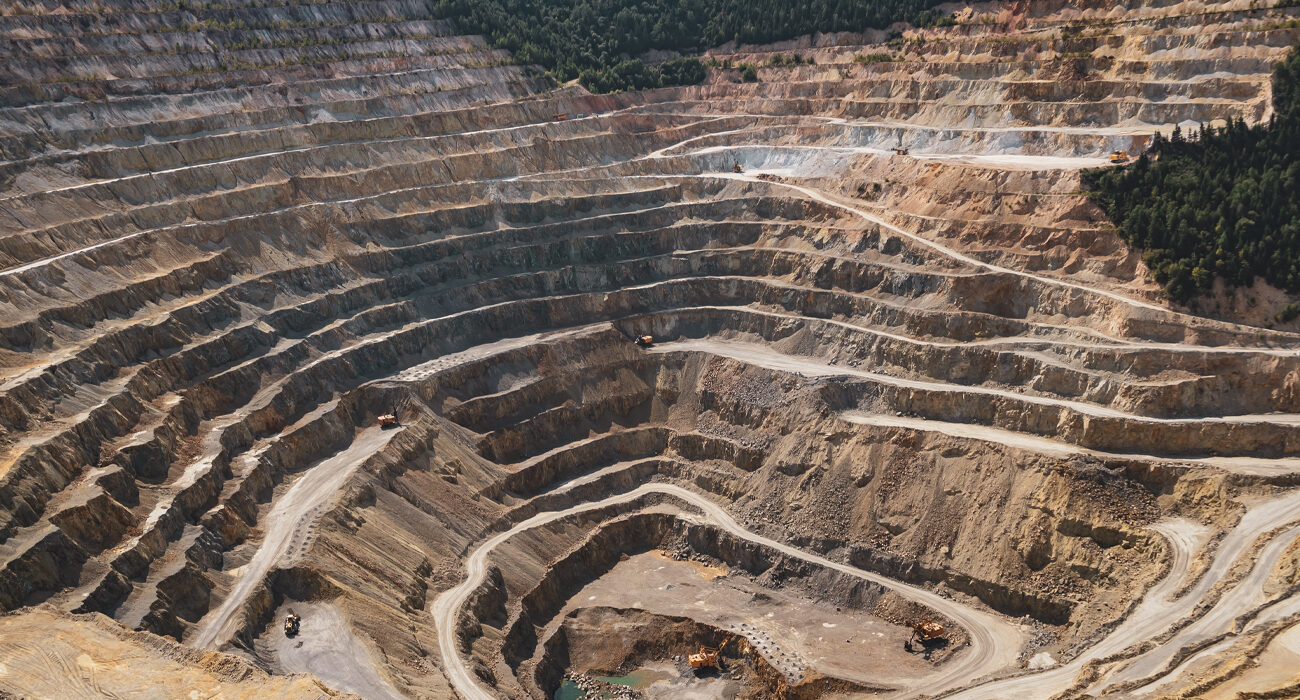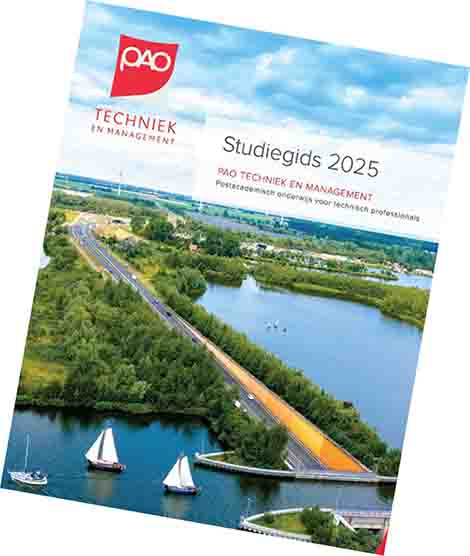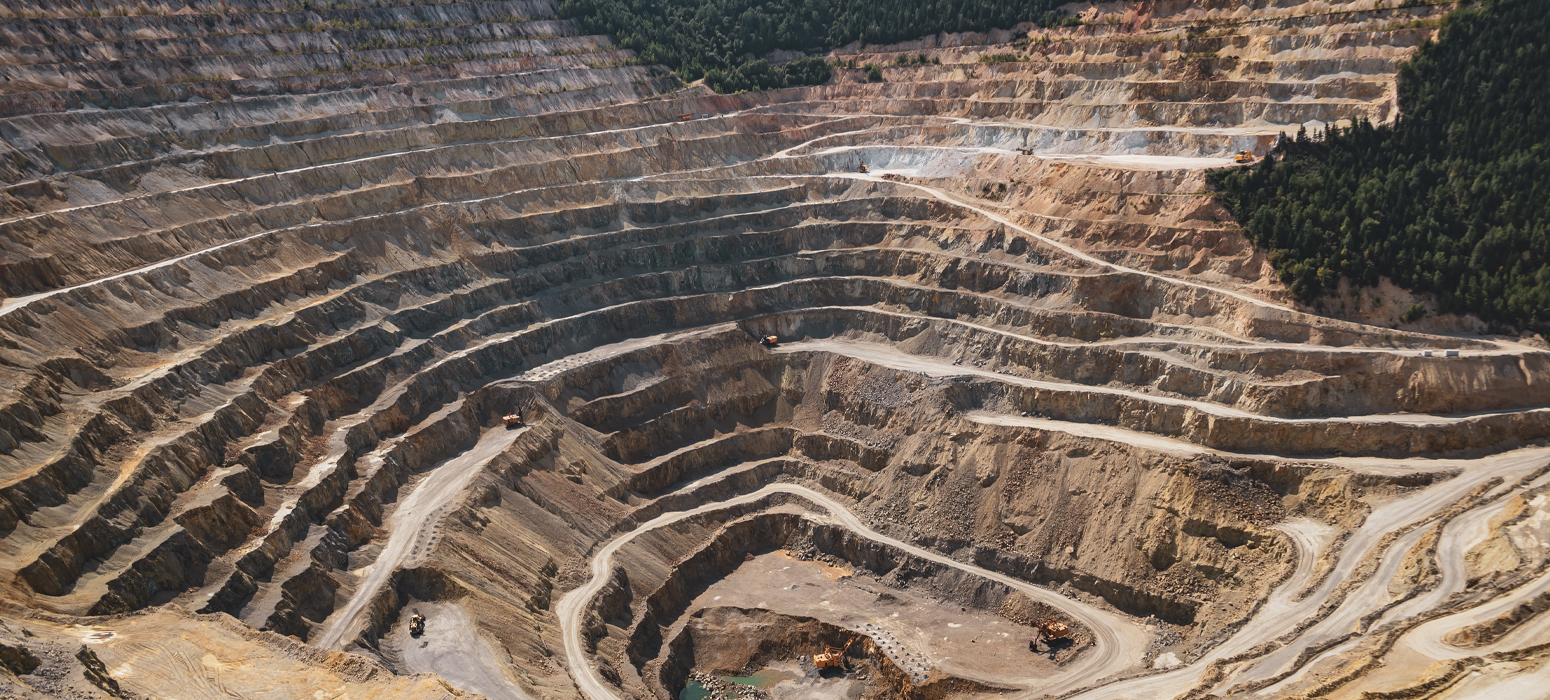Geology for engineers: renewed course offers practical insight into geological risks for construction projects

Construction projects heavily rely on subsurface geological conditions. A lack of thorough preliminary research can lead to unexpected geotechnical problems, resulting in delays and increased costs. To better prepare engineers for these challenges, PAO Techniek en Management introduces the renewed, modular course Geology for Engineers.
Practical knowledge for identifying risks
The course offers a unique opportunity to acquire practical knowledge about identifying and managing geological risks in construction projects. By gaining a deep understanding of local geological history and processes, engineers can better prepare for potential challenges and develop optimal design solutions.
Thorough ground investigation is crucial
According to Siefko Slob from Cohere Consultants, one of the course instructors, thorough preliminary research is crucial: "If insufficient or substandard ground investigation is carried out, the risk of unexpected geotechnical conditions or hazardous events is high. This impacts the cost of the construction project and can lead to expensive redesign phases or delays."
Renewed modular structure
The renewed modular structure makes the course more accessible to different target groups. Module 1 introduces fundamental geological concepts and delves deep into the geological history of the Netherlands, with special attention to the Pleistocene and Holocene periods due to their relevance for engineering practice.
Integrated practical experience
In Module 2, participants deepen their knowledge of rock characteristics, soil mass behavior, and rock mechanics principles. Practical sessions in the Soil and Rock Laboratory at TU Delft and exercises with digital geology information platforms prepare them for realistic scenarios. Attention is given to site investigation, dealing with spatial variability, and geological-technical design.
Field experience in the Belgian Ardennes
The third module includes a field visit to the Belgian Ardennes, where participants learn to recognize rock types and geological structures in the field – a valuable practical experience that deepens their understanding of geology.
Key to efficient ground investigation
"With thorough knowledge and insight into the local geological conditions, a ground investigation can be much better and more efficiently designed," emphasizes Slob. "This way, the likelihood of unexpected events and geological risks can be better assessed."
Flexible learning path
The modules can be taken individually or in combination, depending on the needs and background of the participant. This flexible approach enables engineers, geologists, and other professionals to strengthen their geological expertise in a practical and applied manner.
Enroll now
Are you a geotechnical, structural, or geohydrological engineer or a geologist? Deepen your geological knowledge in this practice-oriented course. Click below on the course for more information and to enroll.

Download the Study Guide
Would you like a complete overview of all our courses and trainings? Download the digital study guide!



